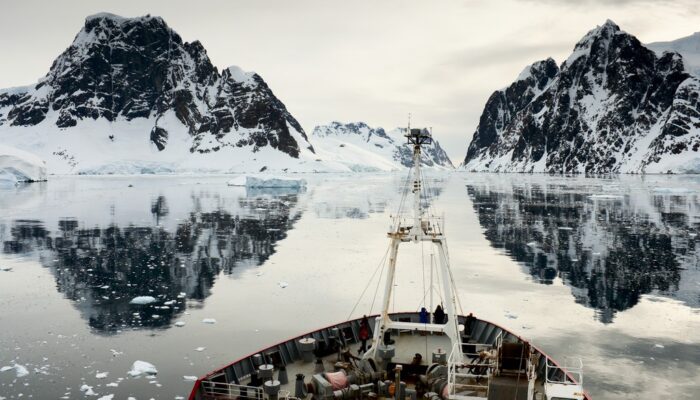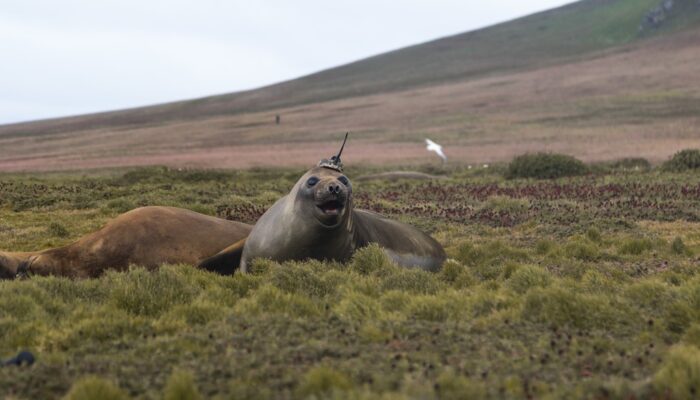Hello Alessandro. Thank you for joining me for this edition GeoTalk! Could you tell our readers about your background before we dive in? I am an oceanographer based at the University of Southampton (UK). I am interested in polar oceanography and ice-ocean interactions. The focus of my work is to understand the processes that control ocean heat transport toward rapidly-melting Antarctic glaciers. ...[Read More]
Pride on board: working on an ocean-going research vessel as an LGBTQI+ person
Working from home during the pandemic has allowed many of us to look back on past experiences and to long for the days when our work in marine science took us to amazing places all around the world. Pride month is another great opportunity for reflection and to consider how things have changed for us as LGBTQI+ individuals and the community within STEM, including, on the International Day of the S ...[Read More]
Imaggeo on Mondays: Monitoring Antarctica’s ocean current

This week’s featured image depicts a quiet and still oceanic landscape in Antarctica, but polar scientists are studying how energetic and variable the ocean currents in this part of the world can be. In this picture, the marine research vessel RRS James Clark Ross is making its way through the Lemaire Channel, a small passage off the coast of the Antarctic Peninsula, south of the southernmost tip ...[Read More]
Imaggeo on Mondays: Crowned elephant seals do citizen science

In the Southern Ocean and North Pacific lives a peculiar type of elephant seal. This group acts like any other marine mammal; they dive deep into the ocean, chow down on fish, and sunbathe on the beach. However, they do all this with scientific instruments attached to their heads. While the seals carry out their usual activities, the devices collect important oceanographic data that help scientist ...[Read More]


